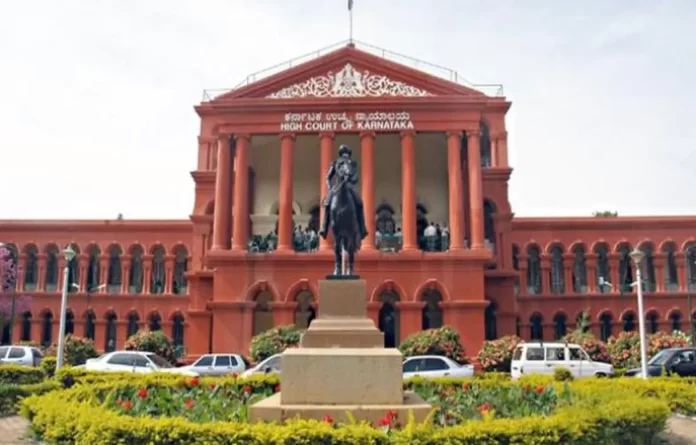The Karnataka High Court has requested a formal response from the Union government regarding a petition that challenges the constitutionality of the Promotion and Regulation of Online Gaming Act, 2025—a law that effectively bans real-money games like rummy and poker played online. Justice B. M. Shyam Prasad issued notice to the government and scheduled the next hearing for September 8, 2025, at 2:30 PM, at which point interim relief will be considered
The petition was filed by Head Digital Works Pvt. Ltd., a leading player in the online gaming industry and the operator behind platforms like A23. Represented by Senior Advocates C. Aryama Sundaram and Dhyan Chinappa, the company argued that, despite its name, the legislation imposes a comprehensive ban on online gaming. They urged that the government be restrained from issuing notification of the law before the court has the opportunity to evaluate its merits. Sundaram emphasized that the abrupt enforcement threatens jobs and could spark significant public backlash.
Solicitor General Tushar Mehta, along with Additional Solicitor General N. Venkataraman, appeared for the Union. Mehta argued that once the President grants assent, notifying the Act is a constitutional duty and that the court does not typically intervene in such executive actions before examination. He indicated, however, that he would need further instructions regarding any potential delay in notification.
Head Digital Works is contesting several provisions of the Act—specifically Sections 2(1)(g), 5, 6, 7, and 9—on the grounds that they outlaw online games of skill such as rummy and poker by equating them with gambling. The petition claims these provisions violate fundamental rights under Articles 14, 19(1)(a) and (g), 21, and 301 of the Constitution. The company also argued that Parliament lacked the authority to enact such a sweeping prohibition, and that the Act disregards judicial precedents from the Supreme Court and other High Courts, which have upheld the legality of skill-based gaming under Article 19(1)(g).
Further, Head Digital Works highlighted the broader economic repercussions. It stated that it employs over 600 people, contributes significant revenue through fees like GST (Rs. 1,643 crore cumulatively, including Rs. 687 crore in 2024–25), and that the entire sector supports over two lakh jobs and holds investments exceeding ₹23,440 crore


